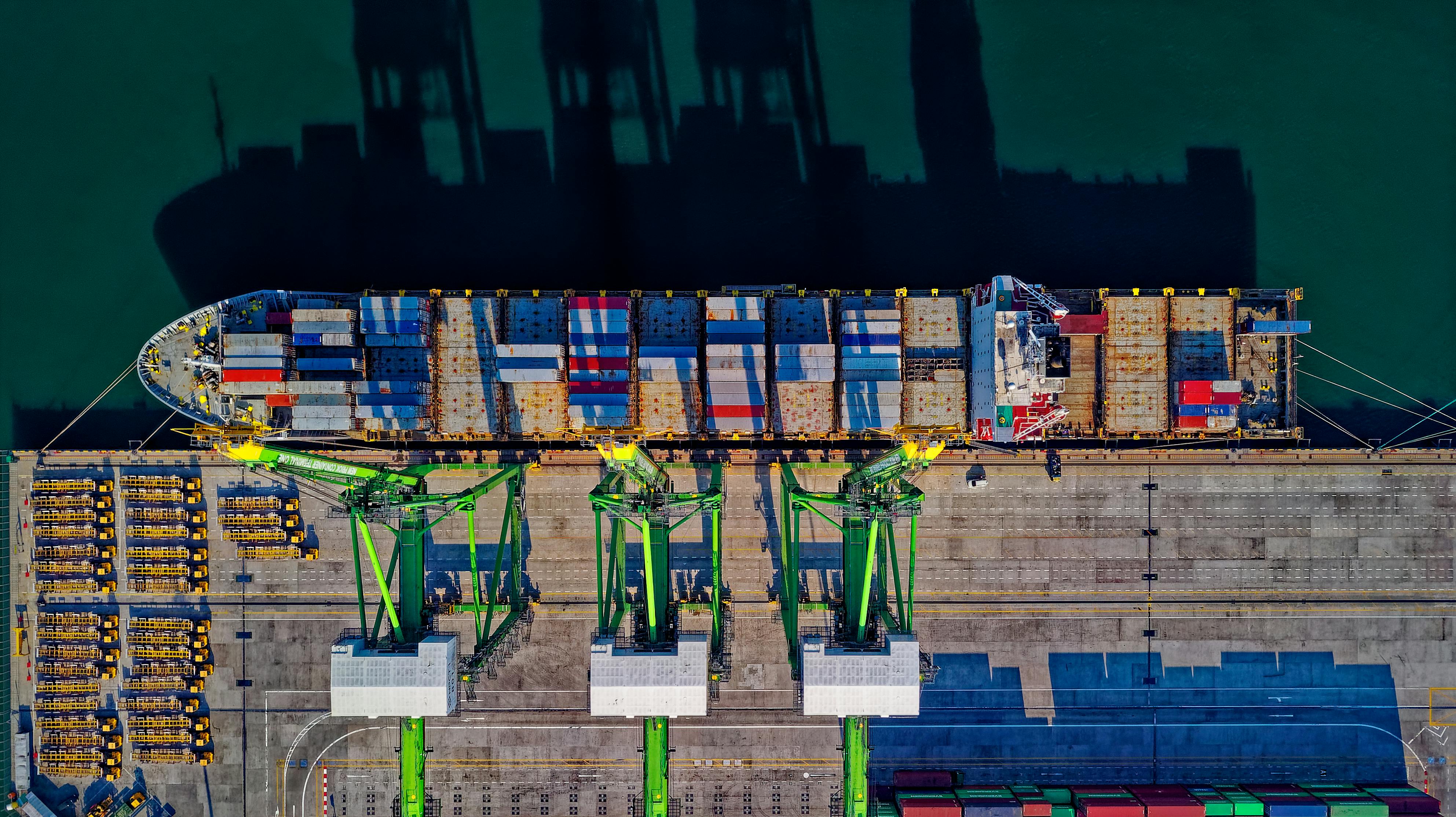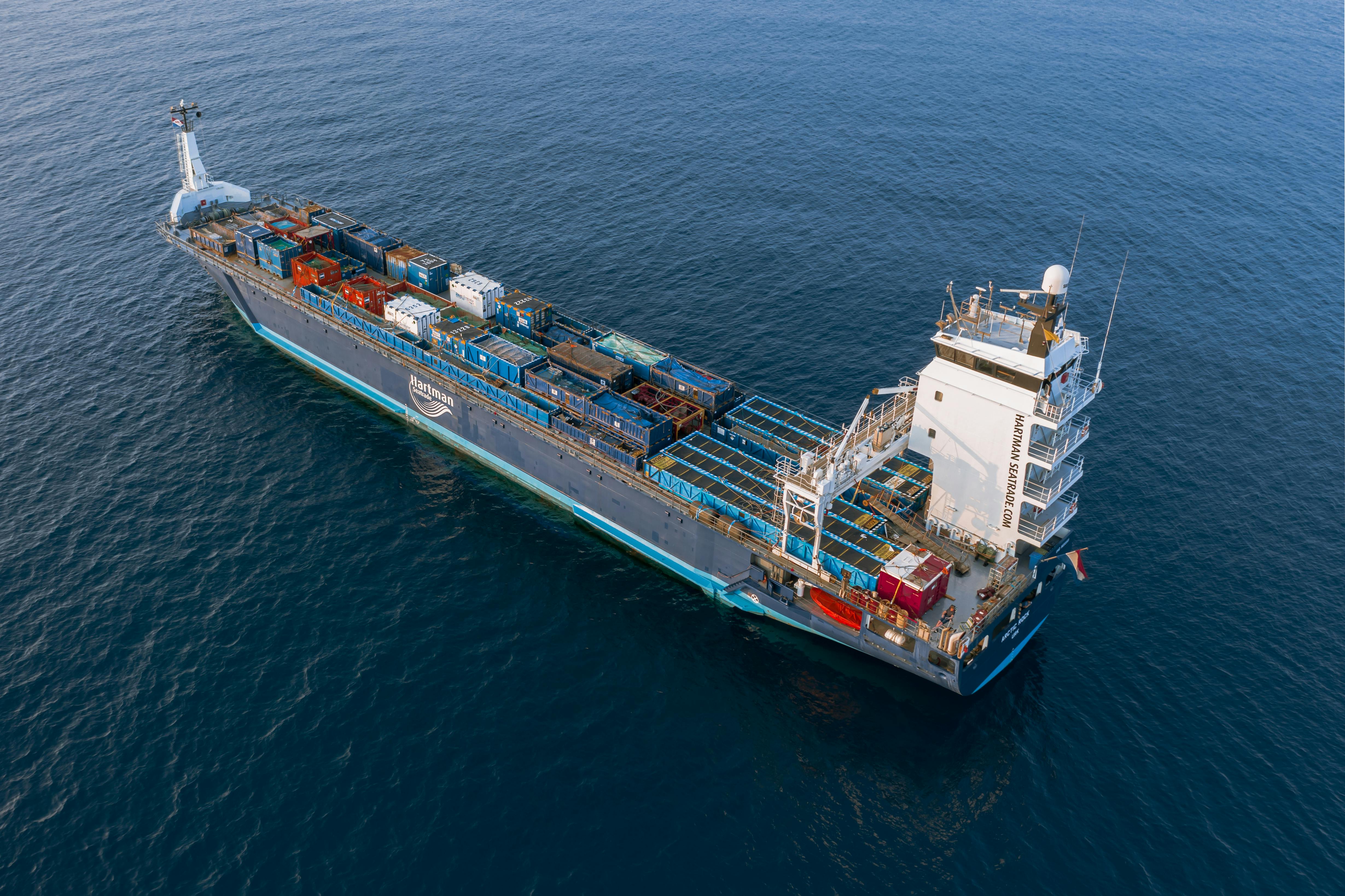ILA's Historic Wage Win & the Fight for Job Security Amid Automation

The International Longshoremen’s Association (ILA) and the United States Maritime Alliance, Ltd. (USMX) have reached a tentative wage agreement and extended the Master Contract until January 15, 2025. During this period, both parties will continue negotiations on unresolved issues. If no agreement is reached by the deadline, a strike will ensue.
What's Settled: Key Outcomes of the ILA Strike
- Historic Wage Increase: The ILA has negotiated a 61.5% wage increase over six years. However, this raise is not being implemented immediately.
- Contract Extension: The current contract has been extended until January 15, 2025, to allow further negotiations on critical issues.
- Preservation of Strike Rights: The ILA longshoreman avoids signing a no-strike clause by delaying the wage increase, maintaining leverage in negotiations.
What's Still in Play: Critical Issues Being Debated
- Jurisdiction Safeguarding: The ILA aims to secure and expand its historical work jurisdiction, ensuring critical tasks remain with union members.
- Automation Protections: The union is contesting the use of remote-controlled and fully automated machinery that could threaten jobs.
- Healthcare & Container Royalty: Protecting healthcare benefits and container royalty payments remains a top priority.
What Went Down: 3-Day Strike Aftermath
The 3-day shutdown left ports with a significant backlog of containers and approximately 50 vessels waiting at anchor.
Silq estimates the backlog could take two weeks to over a month to clear, but the NY Port Authority compares the closure to a winter storm disruption and expects recovery within days.
Furthermore, ocean rates to both coasts had been easing in the lead-up to the strike, continued to do so during the closures, with rates 30% below July highs, and should continue to ease post-strike.
As long as Red Sea diversions continue to absorb capacity across the market, we should not expect rates to fall below the floor reached in April when Transpac rates fell to $3,000 to the West Coast and $4,000/FEU to the East Coast – about double typical levels.
What The Wage Win Means For Trade: US Port Competitiveness & Economic Implications
The recent strike by the ILA on the East Coast highlights a vulnerability plaguing global supply chains: labor disputes at key logistical chokepoints.
The ILA’s stance against automation could impact the efficiency and competitiveness of US ports in the global economy. US ports are currently not among the most efficient globally, and resistance to automation may further hinder their development. North American exports are down 15% in August 2024 compared to August 2019, indicating existing challenges for US exporters.
From ‘Made in China’ to ‘Made in Mexico’
Customs data shows a significant increase in raw materials and components from China entering Mexico to be manufactured into fully assembled items transported to the U.S. Chinese companies have been moving their production facilities quickly from China to Mexico.
In 2022, China supplied about 20% of Mexico's total imports, and in 2023, Mexico imported over $114 billion in products from China.
They essentially import their parts and raw materials from China, produce the product in Mexico, and ship the goods into the U.S., ultimately taking advantage of the United States-Mexico-Canada Agreement (USMCA) to make their product in Mexico.
Mexico: A Key Player in Global Supply Chain Shifts
In a significant shift in global trade dynamics, Mexico has emerged as a crucial player in safeguarding international supply chains, moving beyond its role as a mere tariff evasion route for Chinese goods.
Importers increasingly turn to Mexico as a strategic conduit to mitigate risks associated with U.S. tariffs and potential future labor disputes at U.S. ocean ports and rail lines. This trend is evidenced by the surge in exports from Mexico to the U.S., with major companies like Tesla, Pirelli, Michelin North America, Mobis Parts America, and SFK USA leading the charge.
While tariff considerations play a role in this shift, industry insiders emphasize that the robust development of the Mexican economy is the primary driver behind this trend.
As global supply chain shifts continue to evolve, Mexico's rising prominence underscores the importance of diversification and risk management in international trade strategies.
Maximizing Savings: The Cost Efficiency of Mexico's Trade Route
The China-Mexico-U.S. trade route is emerging as a cost-effective alternative for businesses seeking to optimize their supply chains.
A recent analysis of freight costs reveals that this route can offer substantial savings when factoring in avoided tariffs.
For instance, a container of washing machines imported from China to the U.S. instead of Mexico would incur an additional $1,500 to $1,800 in tariffs, significantly increasing the overall logistics costs.
While the cost benefits are favorable, logistics teams should consider factors beyond cost, including transit time, reliability, and security.
Enhancing Infrastructure For Future Growth
Many supply chain and logistics experts argue for U.S. government-funded investments in logistics infrastructure to capitalize on developments in Mexico, where significant Chinese investments have been made.
The U.S., as a major consumer market, has yet to leverage these opportunities fully. Investing strategically in Mexican infrastructure could significantly boost U.S. economic growth and employment.
Reflecting on the strategic importance of logistics, Army Gen. John J. Pershing, commander of American Forces in World War I, once remarked-
"Infantry wins battles. Logistics wins wars."
Ready for Supply Chain Predictability?
Importers using Silq ship smarter, safer, and with total control.







